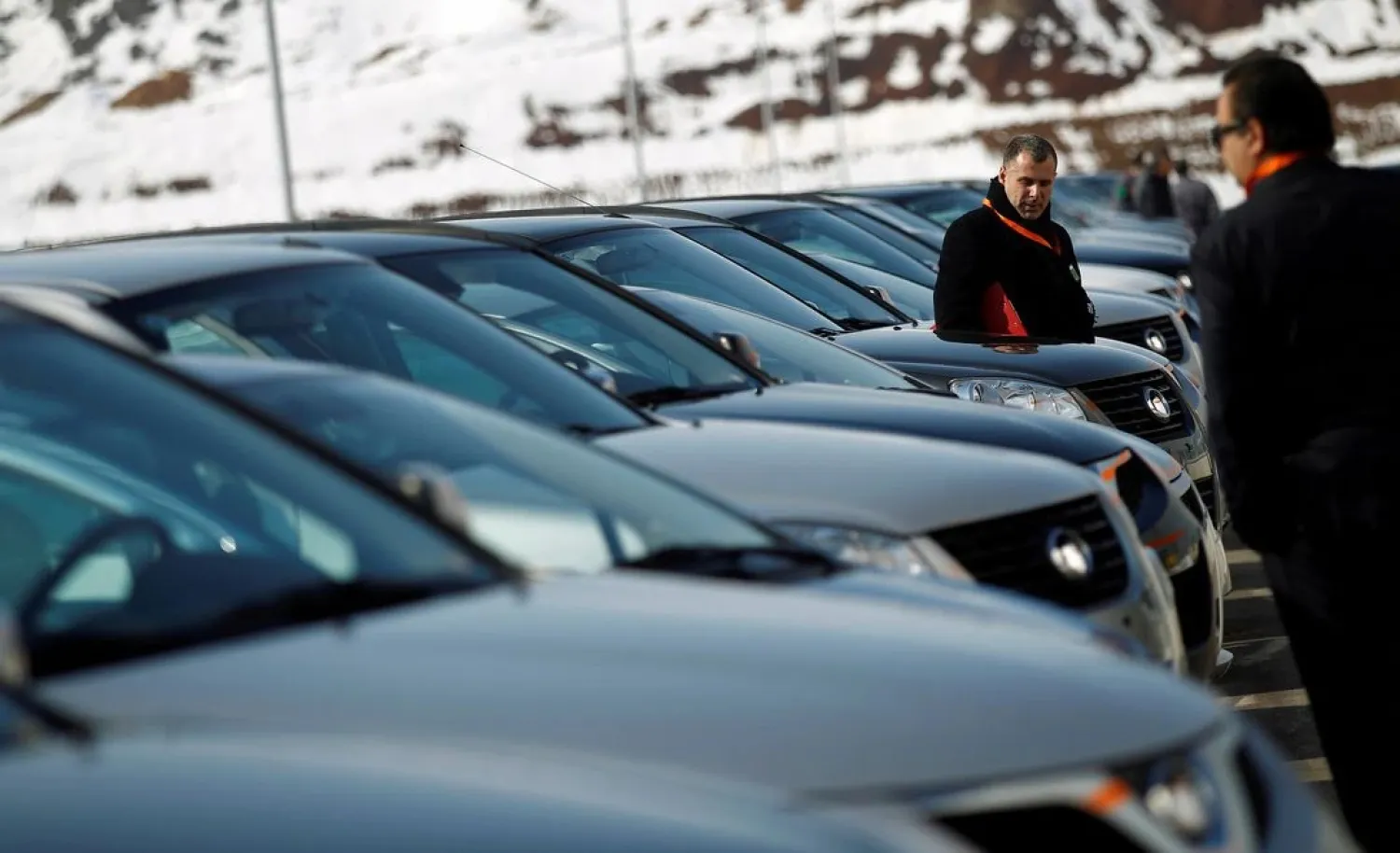Advanced Micro Devices on Tuesday forecast a slight decline in quarterly revenue, raising concerns about whether it can effectively challenge Nvidia in the booming AI market and sending its shares tumbling 8% in after-hours trade.
The lackluster prediction comes despite an unexpected boost from sales of certain artificial intelligence chips to China, which began in the last quarter after the Trump administration approved a license for orders that AMD received in early 2025.
And without those sales to China which generated $390 million, AMD's data-center segment would have missed estimates for the fourth quarter.
AMD said it expects revenue of about $9.8 billion this quarter, plus or minus $300 million. That's down from $10.27 billion in the fourth-quarter which was up 34% year-on-year and ahead of LSEG estimates for $9.67 billion.
PALES NEXT TO NVIDIA
Though AMD is seen as one of the few contenders that can seriously challenge Nvidia, investors noted the stark contrast between the two companies' performances. AMD expects an adjusted gross margin of 55% this quarter. Nvidia has said it expects adjusted gross margin in the mid-70% range during its fiscal 2027.
"The expectations for large blowout quarters for AI-related hardware companies have skewed what the market is looking for," said Bob O'Donnell, president of TECHnalysis Research.
The forecast for the current first quarter includes $100 million from sales to China, where the situation remains "dynamic," AMD CEO Lisa Su said on a conference call with investors.
The US government has placed restrictions on the exports of advanced chips to China, but AMD received licenses to sell modified versions of its MI300 series of AI chips there. Its MI308 chip competes with Nvidia's H20 chip in China.
OPENAI SALES
AMD has accelerated its product launches and is moving into selling full AI systems to better compete against Nvidia, which now provides "rack-scale" systems that combine GPUs, CPUs and networking gear.
Last year, it entered into a multi-year deal to supply AI chips to ChatGPT-owner OpenAI, which would bring in tens of billions of dollars in annual revenue and give the startup the option to buy up to roughly 10% of the chipmaker.
Su reiterated on Tuesday that the company expects sales of a new flagship AI server to OpenAI and others to rise rapidly in the second half of this year, saying a global memory-chip crunch will not slow its plans.
"I do not believe that we will be supply-limited in terms of the ramp that we put in place," Su said.
BEYOND OPENAI
As Big Tech and governments across the globe double down on investing in AI hardware, shares in Santa Clara, California-based AMD have doubled since the start of 2025, outperforming a 60% bump in the broader chip index.
But analysts remain concerned that AMD's success remains tied to a handful of customers that rivals such as Nvidia could try to poach. Reuters reported this week that Nvidia made a $20 billion move to hire most of chip startup Groq's founders after OpenAI held chip supply discussions with the startup.
"Growth appears concentrated in large deployments and specific regions, and China shipments are significant enough to influence a quarter," said eMarketer analyst Gadjo Sevilla.
Revenue in AMD's key data-center segment grew 39% to $5.38 billion in the fourth quarter. But excluding sales of the MI308, which is a data-center chip, that revenue would have been $4.99 billion, below estimates of $5.07 billion.









